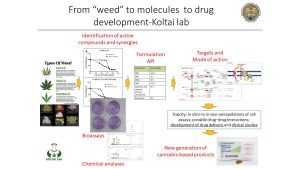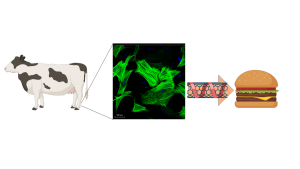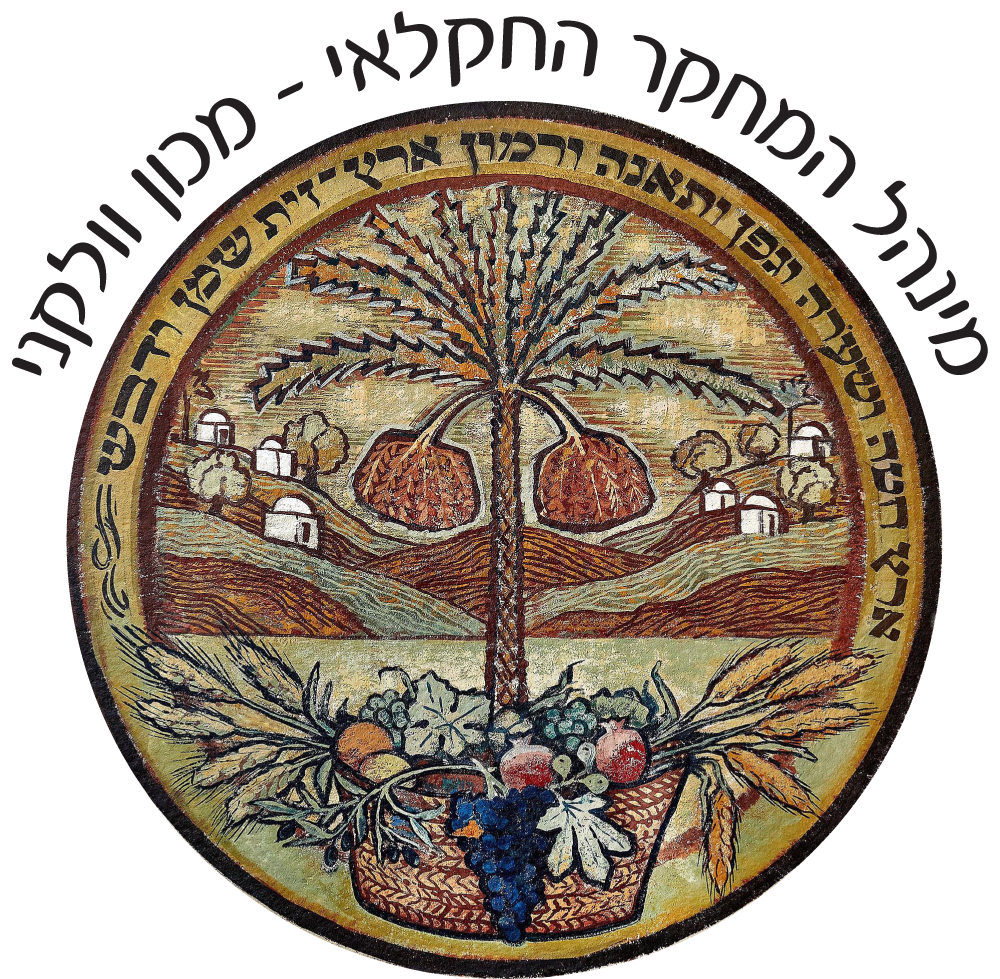Hinanit Koltai Full Professor
Research Scientist
- Institute of Plant Sciences
- Agroecology and Natural Resources
- BANK HAGENIM building, room 2018, Volcani Institute
- +972-506220739
- +972-39683039
Biography
Prof. Hinanit Koltai, PhD, is a Senior Research Scientist and the Director of Academic and Foreign Affairs at the Agricultural Research Organization, Volcani Institute, Israel. She is a leading Author of more than 110 peer-reviewed publications and more than 30 book chapters and invited reviews and she holds 14 international patents. She is the Editor of books and a member of Editorial boards in international scientific journals. She is the lecturer of medicinal plants medical cannabis courses in Bar Ilan University, Israel.
Research Interests
Medical Cannabis: research and development of new cannabis-based medical drugs for different medical indications
Marijuana, Cannabis sativa, is one of the most effective medicinal plants in use for millennia by various civilizations, finding its way in and out of official pharmacopoeias. In Israel, C. sativa is undergoing a process of medicalization, whereby the development of high standard cannabis-based products for specific medical indications is of high priority. C. sativa contains more than 600 different secondary metabolites, including phytocannabinoids and terpenoids, present in different ratios and compositions in multiple diverse strains grown around the world. Yet, the specific beneficial molecules for medical use remain elusive. Our research is focused on identification of optimal compositions of cannabis-derived molecules to treat different medical indications. We found that both phytocannabinoids and terpenoids are needed for optimal anti-inflammatory and cytotoxic activities related to several medical indications, including inflammatory bowel diseases, colon cancer and cutaneous T cell lymphoma. We have also characterized the entourage effect in cannabis based on synergy between the active molecules, and identified some of the genetic pathways affected by the synergistic combinations in human cell lines. Our research is paving the way towards development by the industry of the new generation of medical-grade, cannabis products, based on defined content of active pharmaceutical ingredients (API).

Medicinal plants uses for anti-cancer and anti-inflammatory activity
Plants have had an essential role in the folklore of ancient cultures. In addition to the use as food and spices, plants have also been utilized as medicines for over 5000 years. It is estimated that 70-95% of the population in developing countries continues to use traditional medicines even today. A new trend, that involved the isolation of plant active compounds begun during the early 19th century. This trend led to the discovery of different active compounds that are derived from plants. In the last decades, more and more new materials derived from plants have been authorized and subscribed as medicines, including those with anti-cancer activity. Cancer is among the leading causes of morbidity and mortality worldwide. The number of new cases is expected to rise by about 70% over the next 2 decades. Thus, there is a real need for new efficient anti-cancer drugs with reduced side effects, and plants are a promising source for such entities. In my lab we focus on plant-derived substances exhibiting anti-cancer and chemoprevention activity, their mode of action and bioavailability. We also generate herbal library composed of collection of plants with potential anti-inflammatory activities for skin and bowl treatments, and examine their activity and mode of action.
Cultivated meat
Nourishment of cultured meat, by delivery of growth factors selectively to the meat target cells, by advanced targeting technology.


